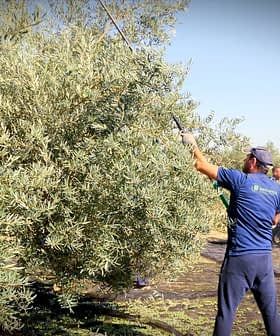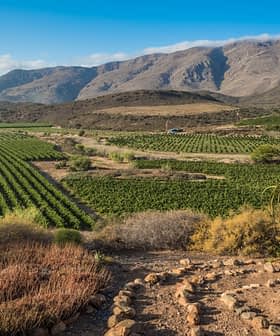New research investigated how American consumers react to climate-related food labels in fast food restaurants. The authors found that such labels affect consumer choices, which tend to become more sustainable.
See Also:Biden Administration Plans Overhaul of Nutrition LabelingIn a paper released by JAMA Network Open, researchers from several academic institutions tracked and compared the behavior of three different groups of consumers when offered various food orders.
The first group was exposed to labels rating the high climate impact of the food options (negative labels). The second group had to choose foods with labels indicating lower environmental impact (positive labels). The third control group was not exposed to any specific labeling.
The randomized clinical trial involved 5049 U.S. adults. The results showed that participants in the negative label group chose a sustainable option, such as avoiding red meat, 23 percent more often than the control group. In the positive label group, participants chose a sustainable option only 10 percent more often than the control group.
Interestingly, participants who ordered the more sustainable option classified their food as healthier than the unsustainable option.
The research found that climate impact labels might significantly reduce red meat selections on a fast food menu. The researchers’ findings show how climate-impact menu labels might promote more sustainable food choices in American fast-food restaurants.
Such findings come on the heels of a global debate about food sustainability and labels. Climate change’s incomparable impact on global food production and security has triggered this debate in recent years.
In Europe, researchers have backed proposals to add climate-related labels to food in restaurants and on retailers’ shelves.
A few months ago, the German scientific advisory board on agricultural policy, food and consumer health protection (WBAE) requested that food labels show consumers the greenhouse gas emissions of certain foods.
The Planet-Score label has been presented in France to reveal the environmental impact of food to consumers. The label, under evaluation by the French government, is backed by several of the country’s research institutions.
Olive oil has also been featured in many countries’ debates about food sustainability. It is among the healthiest cooking fats and is often considered one of the most sustainable foods.
Olive oil’s reputation for sustainability comes from olive orchards’ carbon dioxide-sequestering qualities. New clean harvesting methods and technologies that reuse most or all olive byproducts further boost the sustainability of the food product.









